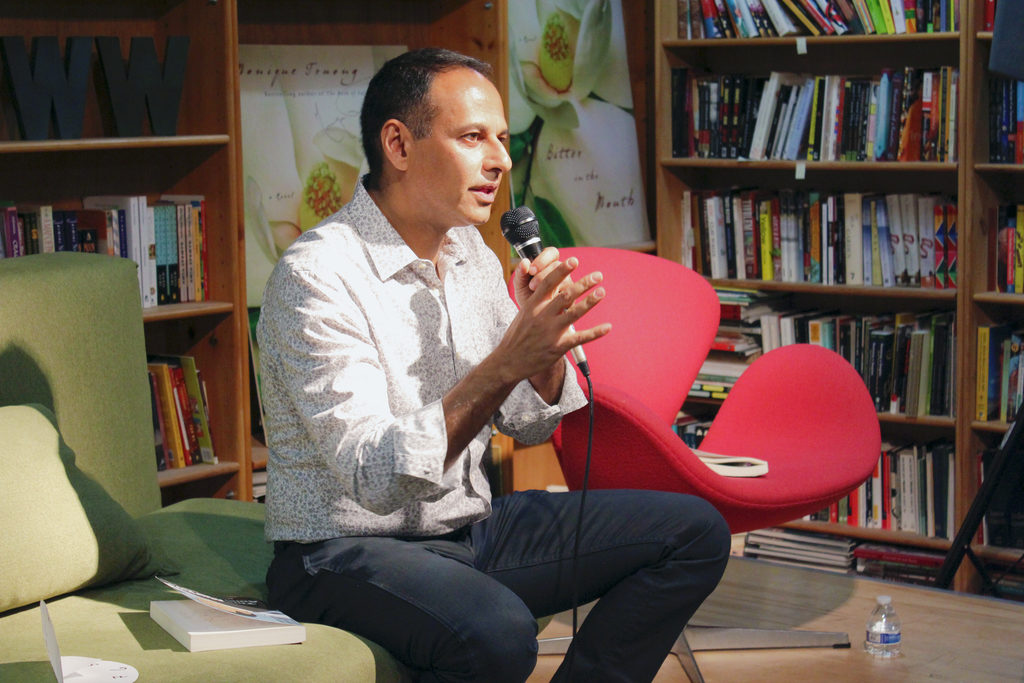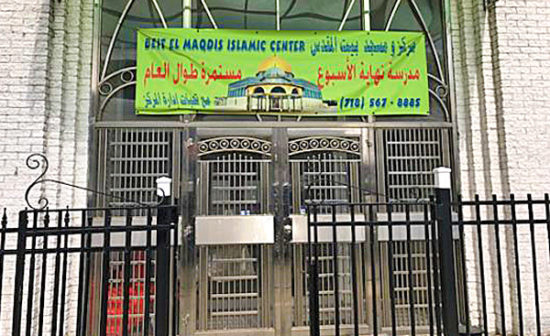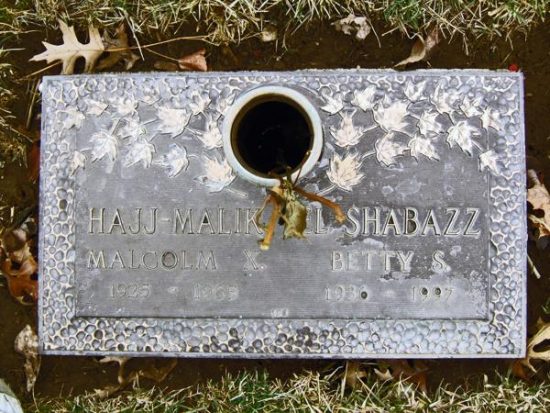Q&A With Ramy Youssef about the Arab-Muslim
American experience
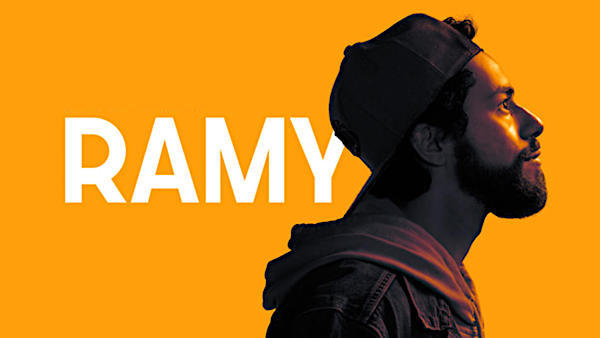
September 16, 2019
During what I imagine was a cocaine-fueled burst of creativity, Freud assessed the uncanny — that strange feeling a person has when he or she experiences something familiar. A bit like deja vu, but deeper. Connected, as all things Freudian, to repressed feelings and desires. Sigmund used the arts to frame his analysis, likely believing that doing so would clarify what he was trying to say. But, as one of his readers, I never really knew what it meant to experience the uncanny. To actually feel it, at least with respect to art and artistic expression.
That is, until I watched Ramy, the first television series to represent the lives of Arab-Muslim Americans with any measure of respect or sensitivity. I came to realize that experiencing the uncanny is, on some emotional level, just the experience of being seen. A reminder that one isn’t foreign or alien, but is in fact human, with utterly human baggage and needs and desires. It’s so unremarkable I was surprised by how novel I found it.
Ramy is the latest in a streak of shows that have pushed the limits of what American-based televisual media can or ought to do, who its stars are allowed to be, and what stories it can amplify.
This decade began with a subversive but optimistic Broad City, and was followed by a brooding and tight-lipped Atlanta. Now it’s winding down on Ramy, a program which examines honestly the anxiety punctuating its end.
While the show ought to be commended for its storytelling and its singular depiction of Arab-Muslim Americans, a deeper significance lies in its exploration of what wrestling with the spirit – what a previous generation would have called struggling with one’s faith – looks like in 2019: the pursuit of the spirit is treated as an active search for meaning beyond the self, and not just as a religious artifact or literary aesthetic. Ramy’s novelty is partly the result of how it investigates this exploration while sidestepping trope and cliche. It accomplishes this by dwelling on the self and the world, and how those two things interact to generate the ideas, beliefs, and personalities of its characters.
The show builds a painful universe, and then it drops the viewer off in one of its corners to observe characters struggling to understand the point of struggling to be good people. The stories don’t have happy endings — they barely have resolutions at all. It’s the struggles, the characters contending with their egos and with what it means to believe in something beyond themselves, which matter, and it’s those struggles which receive most of the attention.
It’s the New Sincerity, but actually sincere. Less convinced that art can make the world a nicer place. Less enamored with stories that feature faithful characters, but which don’t take any position regarding that faithfulness. Less self-satisfied and obsessed with its own intelligence. It’s a series that takes seriously the proposition that God is not dead, and which doesn’t treat faith as a salt-of-the-earth ideal to admire but to never truly pursue. Instead faith is the show’s central animating force.
I spoke with Ramy Youssef, the show’s star and co-creator, about his series, the characters it presents, and the themes it explores. Below is an edited transcript of our conversation.
◻︎◻︎◻︎◻︎◻︎
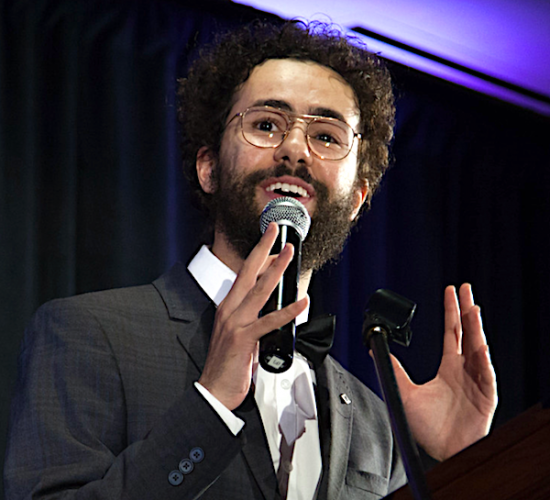
Mohamad Saleh (MS): Return is a big theme in the show. Not just returning to Egypt, but returning to a time when Ramy was still a virgin. Is part of the Arab-Muslim-American experience the general desire to return?
Ramy Youssef (RY): There’s so much longing, I think, in being an immigrant. So much longing for what your family gave up and moved away from. You feel a pressure, a weight, of well, we left people behind. We left history behind. We left experiences behind. And so much of that comes from parents, and this puts the guilt and pressure on a kid. This is the first generation [of people] who know that sacrifices were made for them. And what am I doing with that weight? So much of it creates this responsibility to go back and to want to understand, because you kind of feel like it’s a part of who you are, even though you’ve never been. And so a lot of it is going there.
And we talk about young Ramy, and Ramy longing for his innocence and his youth. I think when you’re a person in religion you try to think about yourself in what maybe like a purer state or an innocent state, or one less enveloped in the world and your desires and the way that you are as an adult. You long for this other simpler time, and I think that speaks to a lot of people.
◻︎◻︎◻︎◻︎◻︎
MS: Do you think the pining comes from having our individual experiences flattened?
RY: There’s this weight when you are first generation here, like Ramy, when you’re actually defining something new. Most of our parents weren’t born and raised in America, and so we are the first ones who were. It’s kind of up to us to be the bearers of what the future of the faith or culture will look like here. Are we going to marry people who help us preserve the language? Are we going to continue practicing and pass that on to our kids? Or are we going to let it go? And kind of secularize and blend and not really worry about it?
Yes this is a bit of an individual thing, but a huge part of it is also uncharted, and we’re moving towards that and having to make decisions because it’s now in our hands.
◻︎◻︎◻︎◻︎◻︎
MS: So much of your show centers Islam, but the characters are all Arab, and there’s never any distinguishing between Arab, Muslim, traditionalist, etc. Do you think the varieties of cultural and ethnic identities associated with Islam are subsumed by Islam in America?
RY: I think that it’s looked at often through a cultural lens, and I think part of what we are aiming to do, especially as we get to tell the story in a longer play, is to start to separate culture from faith. I think what the character Ramy is trying to do is actually step out of culture and really focus on spirituality. So much of his journey is trying to find the spiritual over the cultural, and I think that’s a lot of what’s important to me, too. How do you step out from that? But it’s all become kind of a blend, so I think what the show does is sit in that blend for a bit.
◻︎◻︎◻︎◻︎◻︎
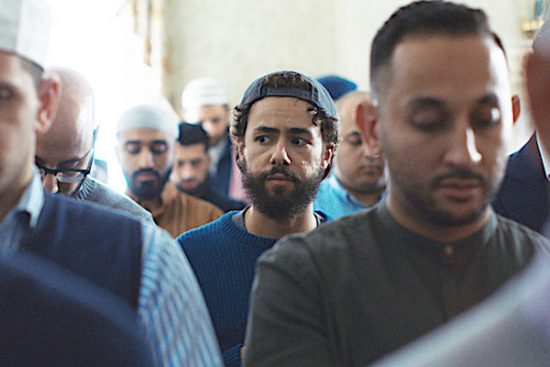
MS: Donald Glover said the weed-smoking in Atlanta reflects the trauma sustained by that show’s protagonists. In your show, sobriety implies cleanliness, and cleanliness is taken as a measure of being a good person. But isn’t there trauma there, too? Is the decision not to smoke as much a way to deal with trauma in Ramy as the decision to smoke is a way to deal with trauma in Atlanta?
RY: It’s about trauma and it’s about trying to hold on to the pieces of your faith and identity. It’s also a bit of narcissism. It’s about stripping at [the character Ramy’s] ego and trying to understand why he does what he does or why he doesn’t do what he doesn’t do. And so we start peeling back and there’s this big element of not doing certain things in order to feel a certain way about your own self-image. He takes a gummy and all of a sudden he becomes this different guy who smokes weed.
It’s not about spirituality, it’s about, ‘Now I am this to myself in my head.’ And all that can be tied to trauma because when you grow up with an identity framed a certain way, how you view that identity can be very precious to you. Because it’s been supposed that you are all these things that you’re not because of external, global things that define how you even hear your own language, and how you hear your own call to prayer. And so it’s half-trauma, half-narcissism, and they’re really intertwined with the person.
◻︎◻︎◻︎◻︎◻︎
MS: Do you see that being the next five to 10 years for people who have the opportunity to tell the stories they wanted to tell but didn’t have the opportunity to do so in the past? Do you think we’re going to see more blurring of lines? Or do you think there’s going to be a reaction against that? And are people going to want very clear direction and identity? Who just want to watch something that can tell them how to be and who they are?
RY: “I think that’s where television can get really dangerous. I think so much of making the characters in the show, particularly my character, flawed is around not creating any illusion that this is a how-to. Or that this is a prescriptive or instructive show. Because I think that’s where for me, as someone who actually believes, to makes something that can be confused as a how-to-be a Muslim, that’s where I feel like, ‘Oh man I’m doing something wrong.’
If I make something that can be mistaken for spiritual truth, I think this is very true as to how this type of character and this kind of family live. But that’s more of a bare-naked truth. But to put out something that would in any way feel instructive, that gets really dangerous. And then there’s something I don’t enjoy watching, which is something that’s really defensive. A lot of art that feels like advocacy is really dangerous mostly because I find it really boring. I think we’re way more mature than that. We should be making things that are more introspective. I think that’s the key.
You can say whatever you want to say, but that needs to come from you revealing something about yourself that’s vulnerable. That’s tough to talk about. I do find that a lot of stuff is sitting in the finger-pointing, blame-game space. And I find that unentertaining.
◻︎◻︎◻︎◻︎◻︎
MS: A lot of the things that we’re growing out of punctuated the politics of the 20th century. Do you think that now we’re moving into new territory where we’re not haunted by the politics of the last 60 years?
RY: It’s hard to say because people are dying. People are still dying because of these politics. So I don’t know if I can say that. But what I can say is the responsibility of the creative space is to not live in that reality. I don’t think we have moved on from it, but I think art should be pushing not to forget these stories. Because these stories, the ones that sit in political spaces, are important to tell. But it’s making sure that you’re not framed by those acts.
And we have a tendency to go out of our way to correct news headlines. But what happens is we end up further framing ourselves in those news headlines. Because people already know them. They already know there’s a Muslim ban. If in my show I dedicate a whole episode to talking about it, I then prove to the audience that’s the only thing that defines us because I spent 30 minutes talking about it. When in reality I don’t talk about it, because it’s not actually my life, and it’s also fucked up that it was proposed.
So how do you give it a smaller piece of the pie when you’re telling your story, but you don’t want to ignore it? Because we haven’t stepped out of it. People and communities are really suffering. It’s our job as artists to not ruminate on the suffering, because our job is to shine a light on humanity.
The only way to do that is to get into our own vulnerabilities, because that’s going to be the thing that speaks most and helps those who are suffering. I think that has more impact than if we put up this art that feels like billboards or warning signs. Those don’t catch anyone in a genuine way.

